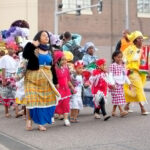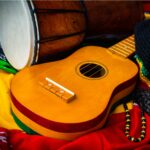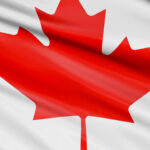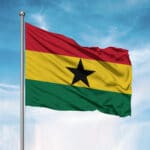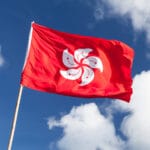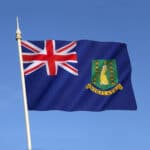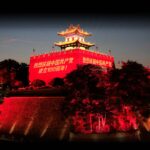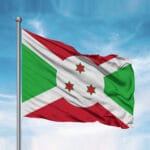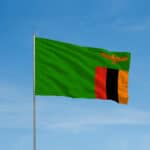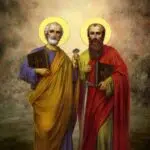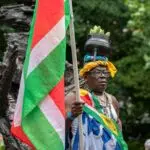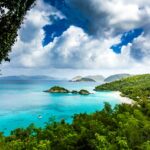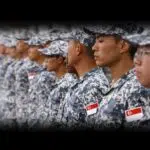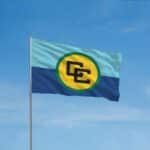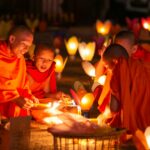Burundi Independence Day is celebrated in Burundi on July 1 every year. It is an official public holiday in Burundi but is not celebrated with much fanfare. This is due to the conflict between the Hutu and Tutsi populations in Burundi, which has existed for many years now. The Tutsi tribe was used by Belgium during colonial times to indirectly rule the country, which caused Hutu hostility. On July 1, 1962, Belgian colonizers left Burundi for independent rule. Today, the situation is much better but only after decades of unrest and civil war. Originally, Rwanda and Burundi were ruled together as the colony of Ruanda-urundi. The two colonies were split up eventually, followed by the independence of Burundi in 1962.
History of Burundi Independence Day
Burundi is a landlocked country in central Africa. The Burundian state first came into existence in the late 16th century. The state was ruled by a traditional monarch with several princes beneath him. It was an independent kingdom until it was subsumed into the colony of German East Africa. This colony included Burundi, Rwanda, and mainland Tanzania in the 1890s. After Germany’s defeat in the First World War, the Belgians assumed control of these territories under the Treaty of Versailles in 1919.Ruanda-Urundi, modern-day Rwanda, and Burundi became a Belgian League of Nations mandate territory in October 1924. Even though the territories were ruled by two European colonial powers, the monarchy in Burundi continued. In 1959, Burundi’s king Mwami Mwambutsa IV requested independence from Belgium and established Burundi as an independent country. Burundi declared independence on July 1, 1962, and changed its name to Burundi. It became a constitutional monarchy with Mwami Mwambutsa IV as king. On September 18, Burundi joined the United Nations. The years following independence have not been peaceful. Burundi has seen decades of coups, civil war, and genocide. However, the country has enjoyed relative peace since 2006.Burundi’s political system is that of a presidential representative democratic republic. The President of Burundi is the head of state and head of government. The constitution was established on March 13, 1992, which provides for a multi-party existence and encourages multi-party competition. On June 6, 1998, the constitution was changed and it made provisions for two vice-presidents.
Burundi Independence Day timeline
Burundi becomes a colony of German East Africa.
The first elections in Burundi take place on September 8.
Bundi is no longer a monarchy.
More than 5,000 people are killed.
Burundi Independence Day FAQs
Why is Burundi so poor?
Burundi is a landlocked, resource-poor country with an underdeveloped manufacturing sector. Agriculture supports more than 70% of the labor force, the majority of whom are subsistence farmers.
What is Burundi famous for?
Burundi is home to several tourist destinations that are mostly linked to the country’s history of exploration.
What is the main religion in Burundi?
The religions of Burundi are Christian 67%, indigenous beliefs 32%, and Muslim 1%.
How to Observe Burundi Independence Day
-
Learn Burundi’s history
Before you immerse yourself in the festivities of Burundi Independence Day, read the country’s history. You could read scholarly works or books of contemporary history to know more about the country.
-
Wish your friends from Burundi
If you know anyone from Burundi, send them your best wishes on Burundi Independence Day. It’s a great way to show you care and that you respect the country’s struggle for peace and independence.
-
Enjoy a classic Burundian meal
Meat is eaten quite rarely in Burundi. A typical meal in Burundi consists of sweet potatoes, corn, rice, and peas. Figure out a recipe made entirely of these ingredients to celebrate Burundi Independence Day.
5 Facts About Burundi
-
The colors of the flag
Red represents the struggle for independence, green represents hope, and white represents peace.
-
There are three stars in the middle
They represent the three main ethnic groups of Burundi – the Tutsi, Hutu, and Twa – and the national motto, “Unity, Work, Progress.”
-
The civil war lasted twelve years
The civil war lasted from 1993 to 2005.
-
Lake Tanganyika is in Burundi
It is the world’s longest freshwater lake.
-
The most poorly connected country
Only 3% of its population has access to the internet.
Why Burundi Independence Day is Important
-
It’s recognition of a country
Burundi is a tiny country with not much recognition on the international stage. When we celebrate Burundi Independence Day, we acknowledge Burundi’s existence and give it a platform.
-
It’s a celebration of peace
Independence has not been easy for Burundi. Burundi Independence Day reminds us of the struggles of Burundians and their long-fought struggle for freedom and peace.
-
It’s a celebration of Burundians
A country is made up of its people. Burundi Independence Day is a celebration of the wonderful people of Burundi. It is also a celebration of their arts and culture, languages, and foods.
Burundi Independence Day dates
| Year | Date | Day |
|---|---|---|
| 2023 | July 1 | Saturday |
| 2024 | July 1 | Monday |
| 2025 | July 1 | Tuesday |
| 2026 | July 1 | Wednesday |
| 2027 | July 1 | Thursday |

